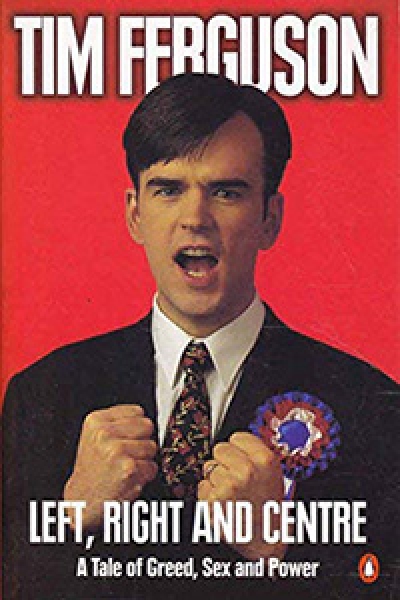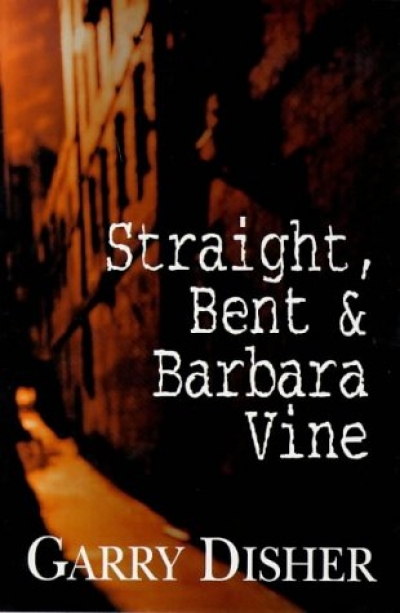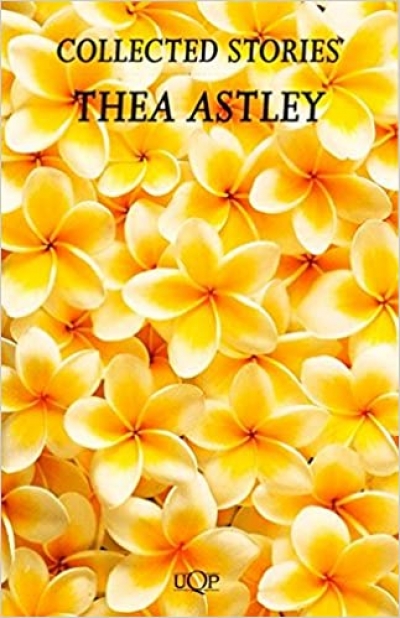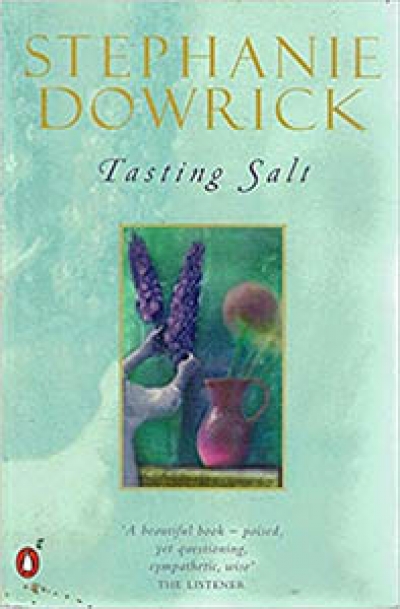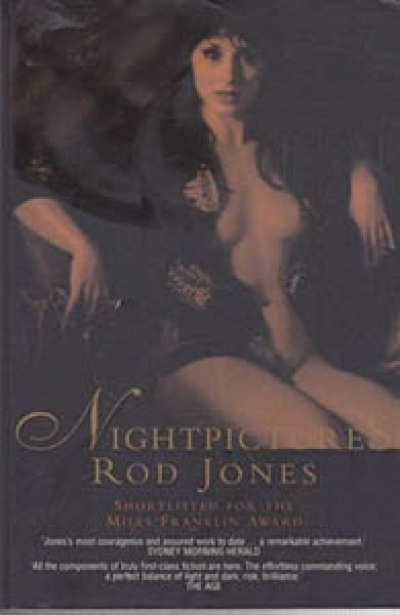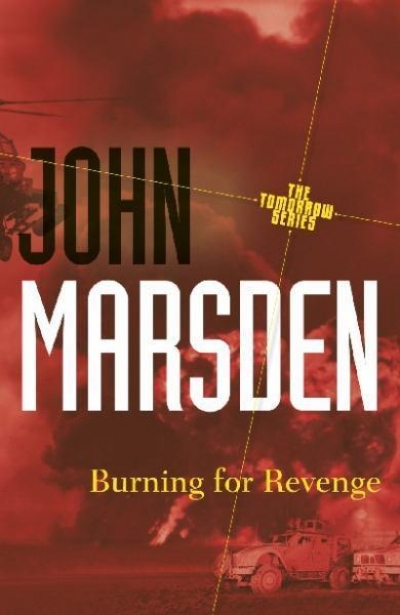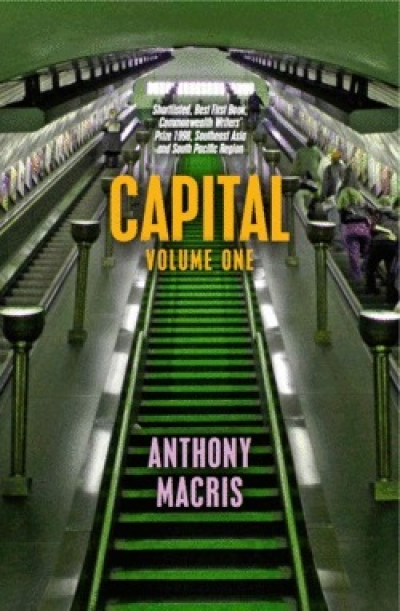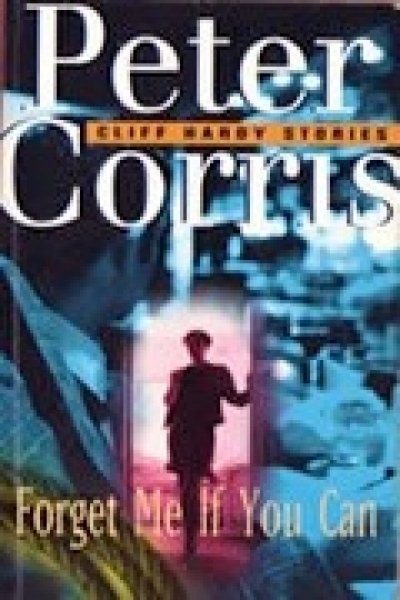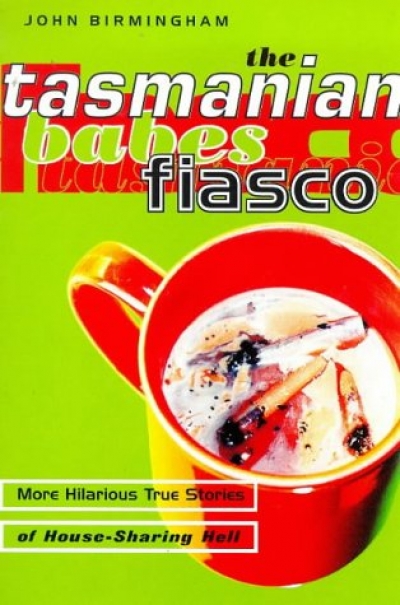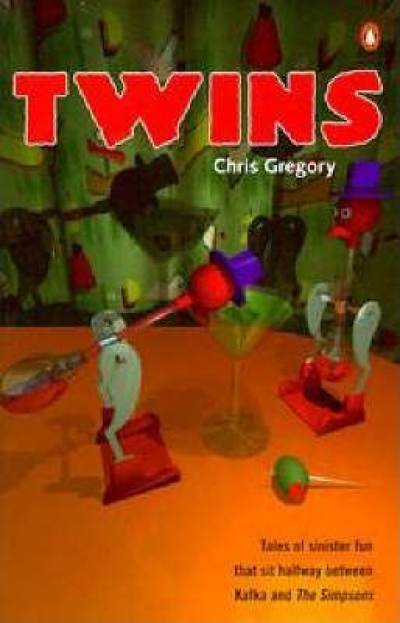Australian Fiction
Left, Right and Centre: A tale of sex, greed and power by Tim Ferguson
by Simon Clews •
Straight, Bent and Barbara Vine by Garry Disher & Raisins and Almonds by Kerry Greenwood
by Stuart Coupe •
One of the principal characters in much of Thea Astley’s writing is Queensland. ‘An intransigent fecundity dominated two shacks which were cringing beneath banana clumps, passion-vines, granadillas.’ There’s a lot of sad poetry about the place; and the distances that separate us, I mean the physical distances, are like verse-breaks in a ballad; and once, once we believed the ballad might never end but go on accumulating its chapters of epic while the refrain, the almost unwordable quality that mortises us together, retained its singular soul. How express the tears of search?
... (read more)Forget Me If You Can by Peter Corris & The Dark Edge by Richard Harland
by J.R. Carroll •

